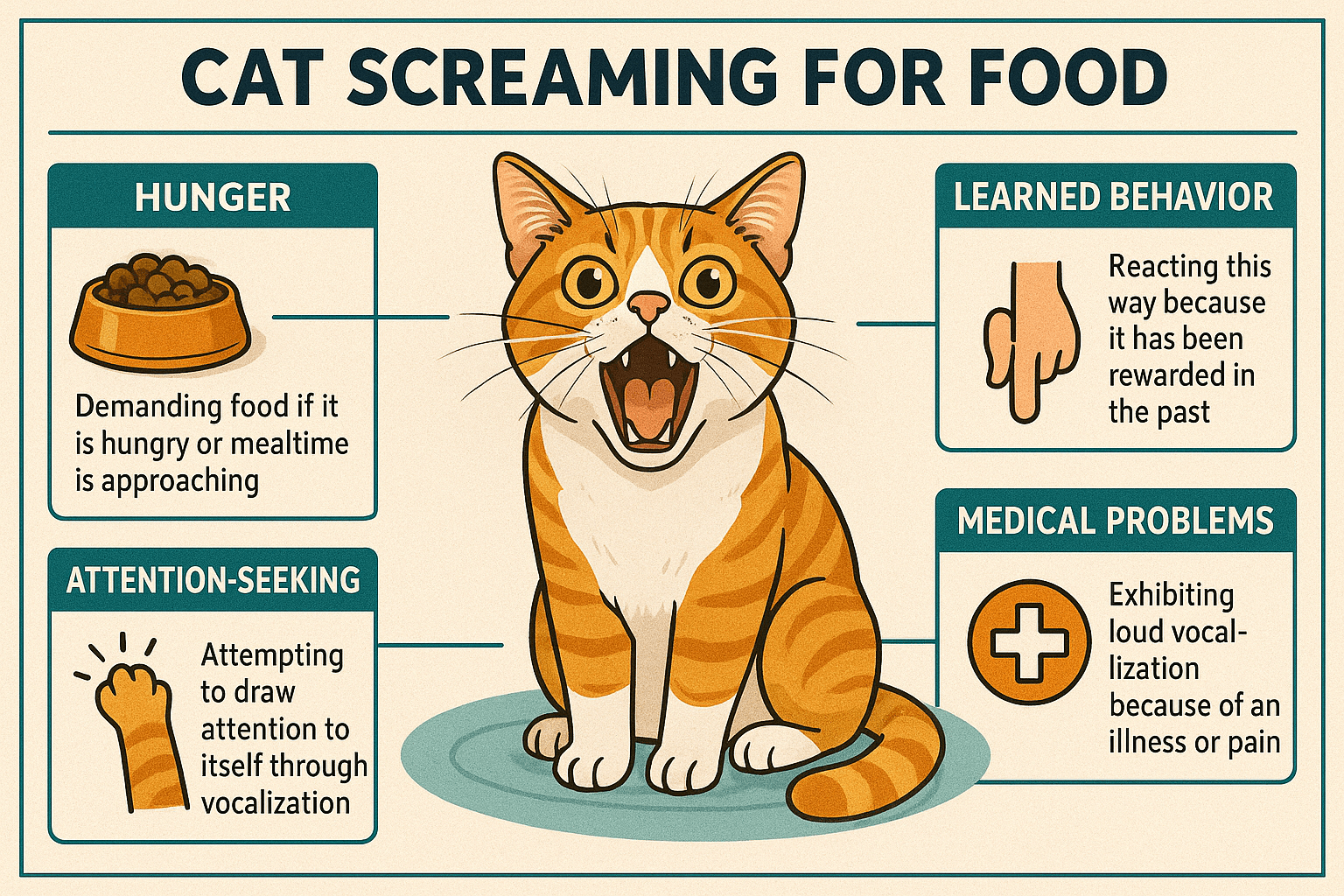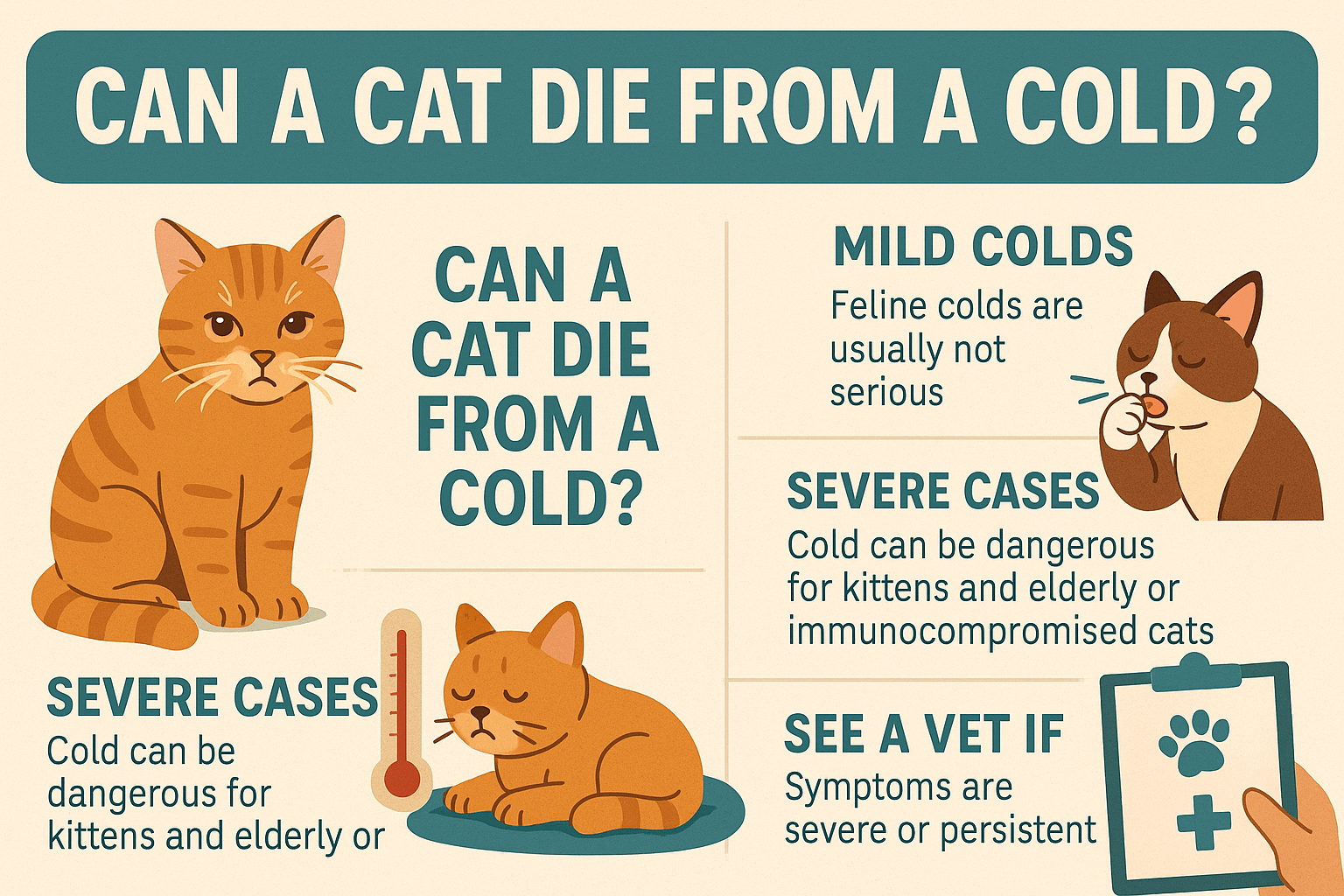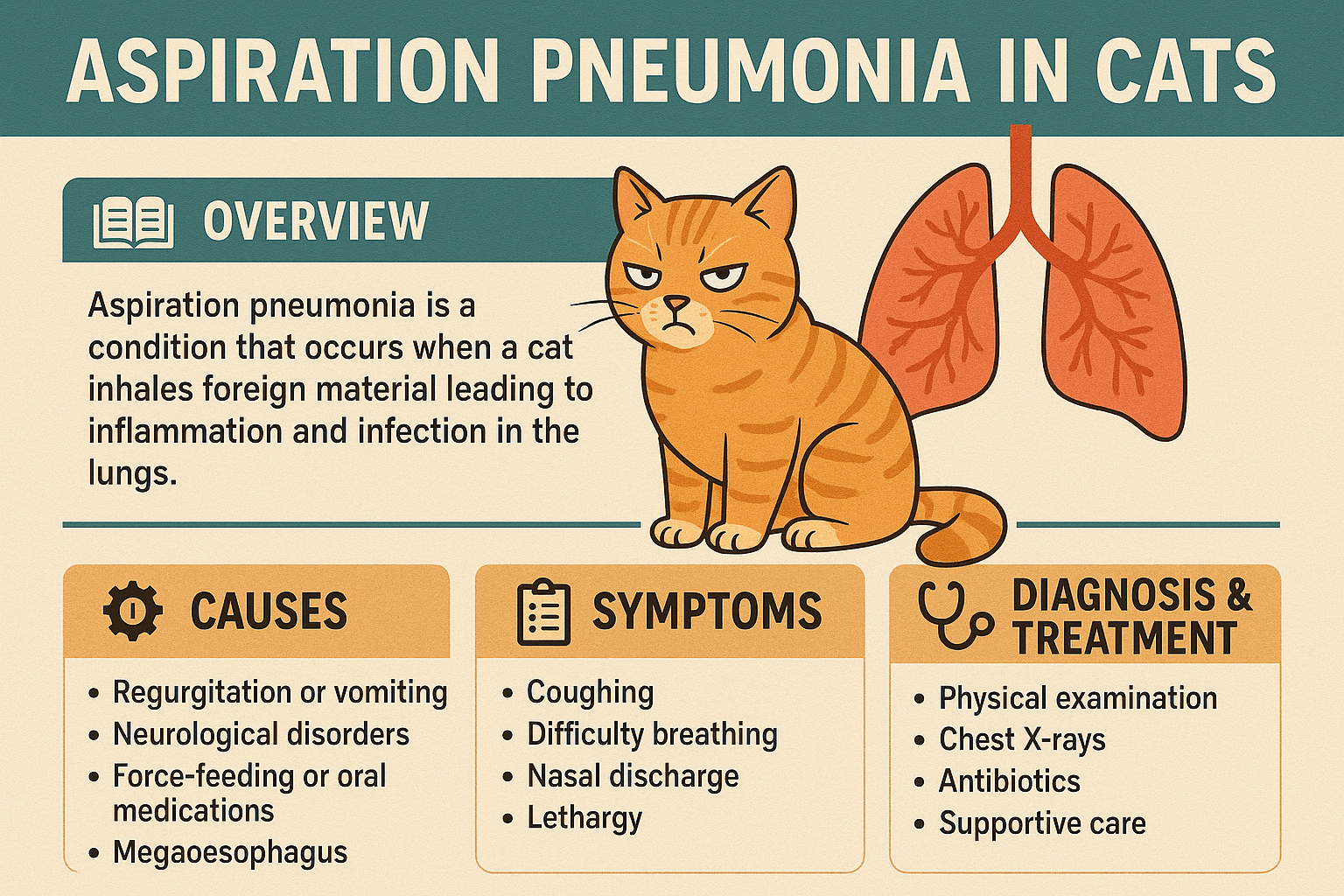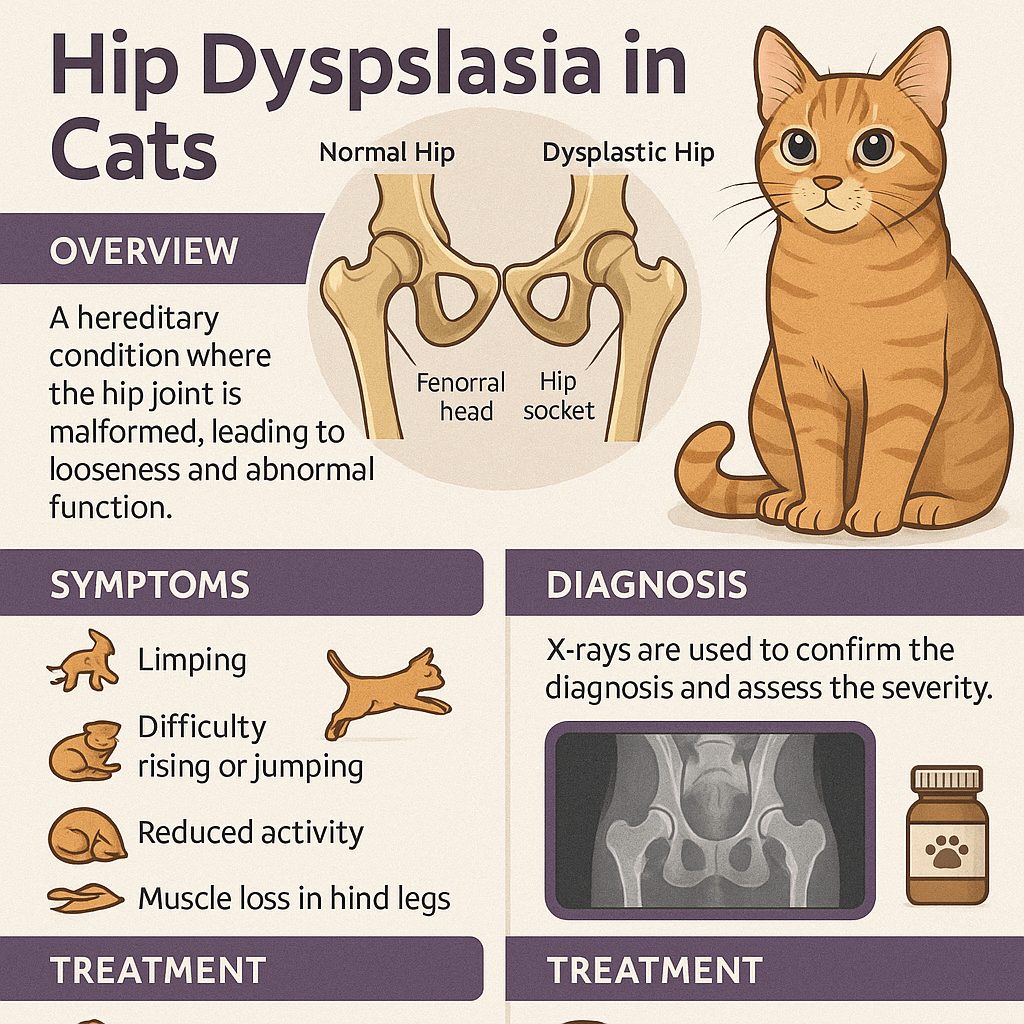Cat Screaming for Food: What’s Normal and What You Can Do
If you’ve ever been woken up by your cat’s loud demands for breakfast or startled by their persistent screams during dinner prep, you’re not alone. Cats are known for their unique ways of communicating, and when it comes to food, some felines take vocalization to the extreme. While occasional meowing is normal, excessive screaming for food can be frustrating and disruptive. Understanding why cats engage in this behavior—and how to address it—can help restore peace to your home while ensuring your furry friend feels heard and cared for. Let’s dive into the reasons behind this behavior and explore practical solutions to manage it effectively.
Why Do Cats Scream for Food?
Cats scream or meow loudly for food due to a combination of instincts, learned behaviors, and environmental factors. Identifying the root cause is the first step toward addressing the issue.
Natural Hunting Instincts:
In the wild, cats vocalize to signal hunger or attract attention from their “pack.” Domestic cats may retain this instinct, especially if they associate humans with providing meals.Conditioned Behavior:
If your cat has learned that screaming gets them what they want, they’ll continue using this tactic to manipulate their environment.Boredom or Loneliness:
Cats often use food-related cries as a way to seek interaction or stimulation, especially if they’re left alone for long periods.Health Concerns:
Excessive hunger or sudden changes in appetite could indicate underlying medical issues, such as hyperthyroidism or diabetes.Inconsistent Feeding Schedule:
Irregular meal times can make cats anxious, prompting them to demand food more aggressively.
Understanding these triggers allows you to address the behavior more effectively and ensure your cat’s needs are met without reinforcing unwanted habits.
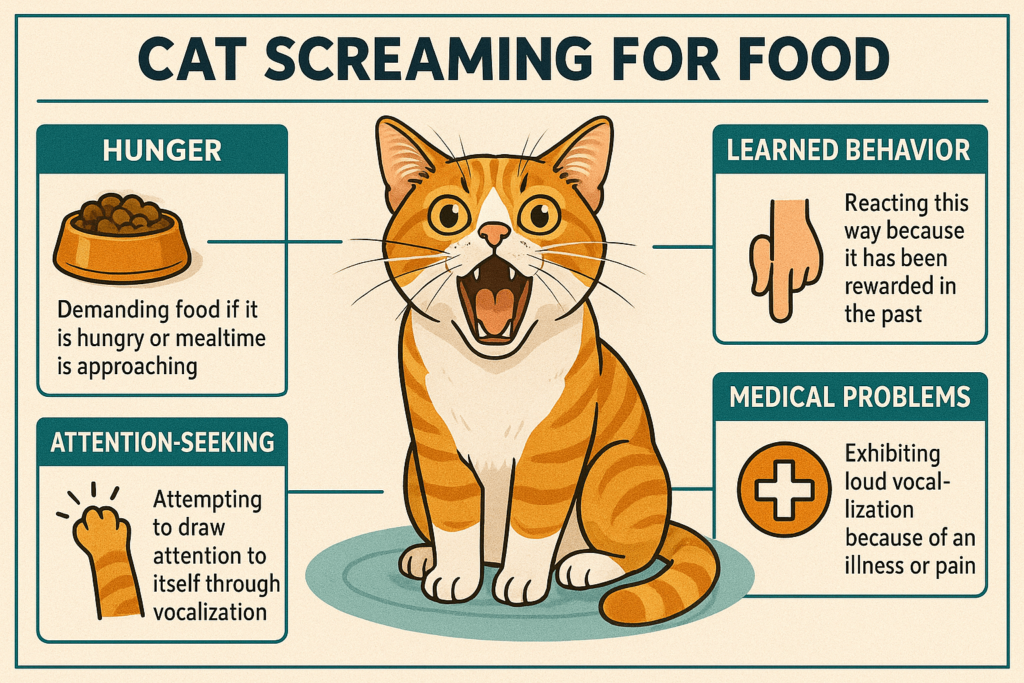
How to Manage Your Cat’s Food Screaming
Dealing with a cat screaming for food requires patience and consistency. These actionable tips can help reduce the behavior while maintaining a harmonious household.
Establish a Consistent Feeding Routine:
Feed your cat at the same times every day to create predictability and reduce anxiety around meal times.Ignore Attention-Seeking Behavior:
Avoid giving in to your cat’s screams, as rewarding them—even with negative attention—can reinforce the habit.Provide Mental Stimulation:
Engage your cat with toys, puzzles, or interactive play to distract them from food-related outbursts.Use Automatic Feeders:
Automated feeders can dispense meals on a schedule, reducing reliance on you for food delivery.Offer High-Quality Nutrition:
Ensure your cat is getting balanced, nutrient-rich food that satisfies their hunger and prevents constant cravings.
By implementing these strategies, you can curb excessive screaming while fostering healthier eating habits for your feline companion.
Check this guide 👉How Long Does Cat Food Last in the Fridge? Best 7 Tips!
Check this guide 👉What Can Cats Eat Besides Cat Food? Best 7 Expert Tips!
Check this guide 👉How Much Does Cat Food Cost Per Month? Best 7 Tips!
Causes of Food Screaming | Solutions to Try |
|---|---|
Natural hunting instincts | Establish a consistent feeding schedule |
Conditioned behavior | Ignore attention-seeking screams |
Boredom or loneliness | Provide mental stimulation and playtime |
Underlying health issues | Consult a veterinarian for evaluation |
Inconsistent feeding routine | Use automatic feeders for consistency |
Signs Your Cat’s Screaming May Be Health-Related
While food screaming is often behavioral, it can sometimes indicate an underlying medical problem. Look out for these signs that warrant further investigation.
Increased Appetite Despite Regular Meals:
If your cat seems insatiable despite being fed appropriately, it could signal conditions like hyperthyroidism or diabetes.Weight Loss or Gain:
Unexplained changes in weight often accompany health issues that affect appetite and metabolism.Excessive Thirst Alongside Hunger:
Drinking more water than usual, combined with food cravings, may point to kidney disease or diabetes.Lethargy or Behavioral Changes:
A normally active cat becoming unusually tired or withdrawn might be experiencing discomfort or illness.Vomiting or Diarrhea After Eating:
Digestive issues could indicate food intolerances, infections, or other gastrointestinal problems.
If you notice any of these symptoms, consult your veterinarian promptly to rule out serious conditions.
Ways to Redirect Your Cat’s Focus Away from Food
Redirecting your cat’s energy toward activities other than food can help reduce screaming and promote a balanced lifestyle. Here are some creative ideas to try.
Interactive Toys:
Toys that mimic prey, such as feather wands or laser pointers, engage your cat’s hunting instincts and provide physical exercise.Food Puzzles:
Puzzle feeders challenge your cat mentally and physically, slowing down their eating and keeping them occupied.Scheduled Playtime:
Dedicate time each day to play with your cat, helping them burn off excess energy and reducing boredom-related cries.Training Sessions:
Teach your cat tricks using treats as rewards. This reinforces positive behavior while limiting overfeeding.Environmental Enrichment:
Add climbing trees, scratching posts, or window perches to keep your cat entertained and stimulated throughout the day.
By focusing on enrichment and engagement, you can minimize food-related screaming and improve your cat’s overall well-being.
Common Mistakes to Avoid
When dealing with a cat screaming for food, certain mistakes can unintentionally worsen the behavior. Here’s what to avoid to achieve better results.
Feeding on Demand:
Giving in to your cat’s screams teaches them that this behavior works, making it harder to break the cycle.Punishing Your Cat:
Yelling or punishing your cat for screaming can increase stress and damage your bond. Positive reinforcement is always better.Neglecting Environmental Needs:
Ignoring your cat’s need for stimulation or companionship can lead to attention-seeking behaviors, including food cries.Skipping Veterinary Checkups:
Overlooking potential health issues can result in untreated conditions that exacerbate screaming.Changing Diets Frequently:
Sudden dietary changes can upset your cat’s stomach or confuse their eating habits, leading to increased vocalization.
Avoiding these pitfalls ensures a smoother path to resolving your cat’s food-related screaming.
Benefits of Scheduled Feeding
Switching to a scheduled feeding plan offers numerous advantages for both you and your cat. These benefits highlight why structure is crucial for managing food-related behaviors.
Reduces Anxiety Around Meal Times:
Knowing when to expect food helps your cat feel secure and less likely to cry for meals.Prevents Overeating or Obesity:
Controlled portions ensure your cat maintains a healthy weight, reducing the risk of related health problems.Encourages Routine and Predictability:
Cats thrive on routine, and scheduled feeding fosters a sense of stability in their daily lives.Minimizes Nighttime Disruptions:
A full belly before bedtime reduces the likelihood of late-night screaming sessions.Strengthens Your Bond Through Trust:
Providing meals consistently builds trust and reassures your cat that their needs will be met.
Scheduled feeding not only addresses screaming but also promotes long-term well-being for your pet.
Creative Ways to Make Feeding Fun
Incorporating creativity into your cat’s feeding routine can transform mealtime into an engaging experience. These ideas add variety and excitement to their diet.
DIY Treat Dispensers:
Create homemade treat dispensers using cardboard tubes or boxes to challenge your cat’s problem-solving skills.Hide-and-Seek Meals:
Scatter small portions of dry food around the house for your cat to “hunt” and find.Rotate Food Types:
Alternate between wet, dry, and freeze-dried foods to keep your cat’s palate interested and satisfied.Portion-Controlled Snacks:
Offer small, healthy snacks throughout the day to prevent hunger pangs between meals.Mealtime Games:
Use training games or clicker training to reward your cat with food, turning eating into an interactive activity.
Making feeding fun keeps your cat engaged and reduces the urge to scream for food unnecessarily.
Frequently Asked Questions About Cat Screaming for Food
Is it normal for cats to scream for food?
Occasional vocalization is normal, but excessive screaming may indicate behavioral or health issues that need addressing.
Should I give my cat treats when they scream?
No, giving treats in response to screaming reinforces the behavior and makes it harder to stop.
Can stress cause my cat to scream for food?
Yes, stress or anxiety can lead to increased vocalization, including food-related cries. Identifying stressors can help alleviate the behavior.
How do I know if my cat is truly hungry?
True hunger usually occurs after prolonged fasting; otherwise, excessive crying is likely a learned behavior or attention-seeking tactic.
What if my cat screams late at night?
Ensure they’ve had enough playtime before bed and consider using automated feeders to handle nighttime requests without disruption.
Finding Balance Between Your Cat’s Needs and Peaceful Living
A cat screaming for food can test your patience, but understanding the reasons behind this behavior empowers you to address it effectively. Whether it’s establishing a consistent feeding routine, enriching their environment, or consulting a vet, there are plenty of ways to manage this challenge. By balancing your cat’s needs with your own, you can create a peaceful coexistence that benefits both of you. Remember, patience and consistency are key—your feline friend will thank you for it (even if they don’t show it right away).
Can a Cat Die from a Cold? Best 7 Expert Tips! Learn how to identify, treat, and prevent feline colds while understanding when to seek veterinary care for your cat’s health.
Cat Screaming for Food: Best 7 Expert Tips! Discover effective strategies to manage your cat's food-related vocalizations and create a peaceful feeding routine.
Aspiration Pneumonia in Cats: Best 7 Expert Tips! Discover causes, symptoms, and treatment advice to protect your cat’s respiratory health and ensure a speedy recovery.
Hip Dysplasia in Cats: Best 7 Expert Tips! Discover expert advice on managing hip dysplasia in cats, from symptoms and prevention to treatment options for a happier, healthier feline life.

